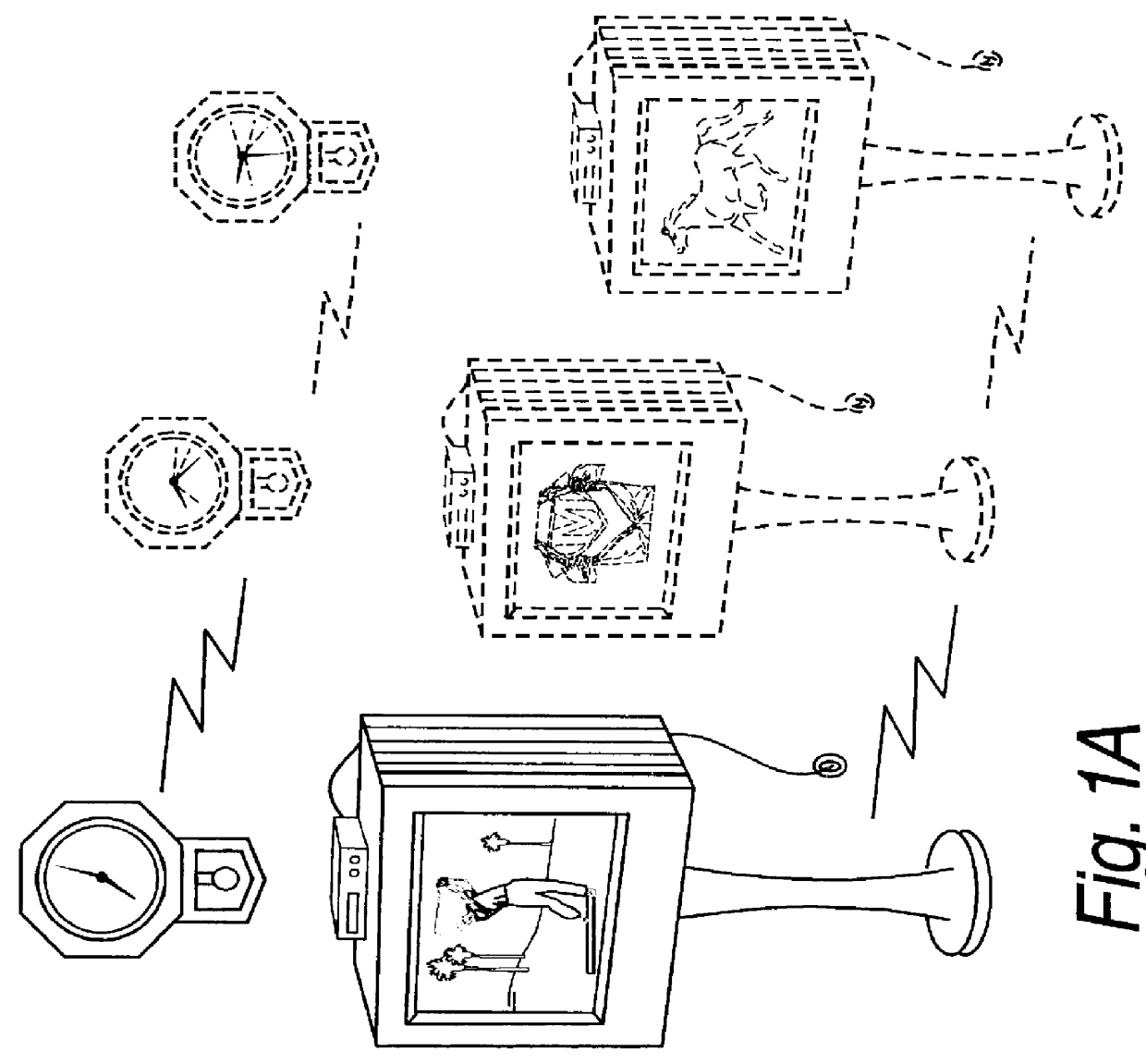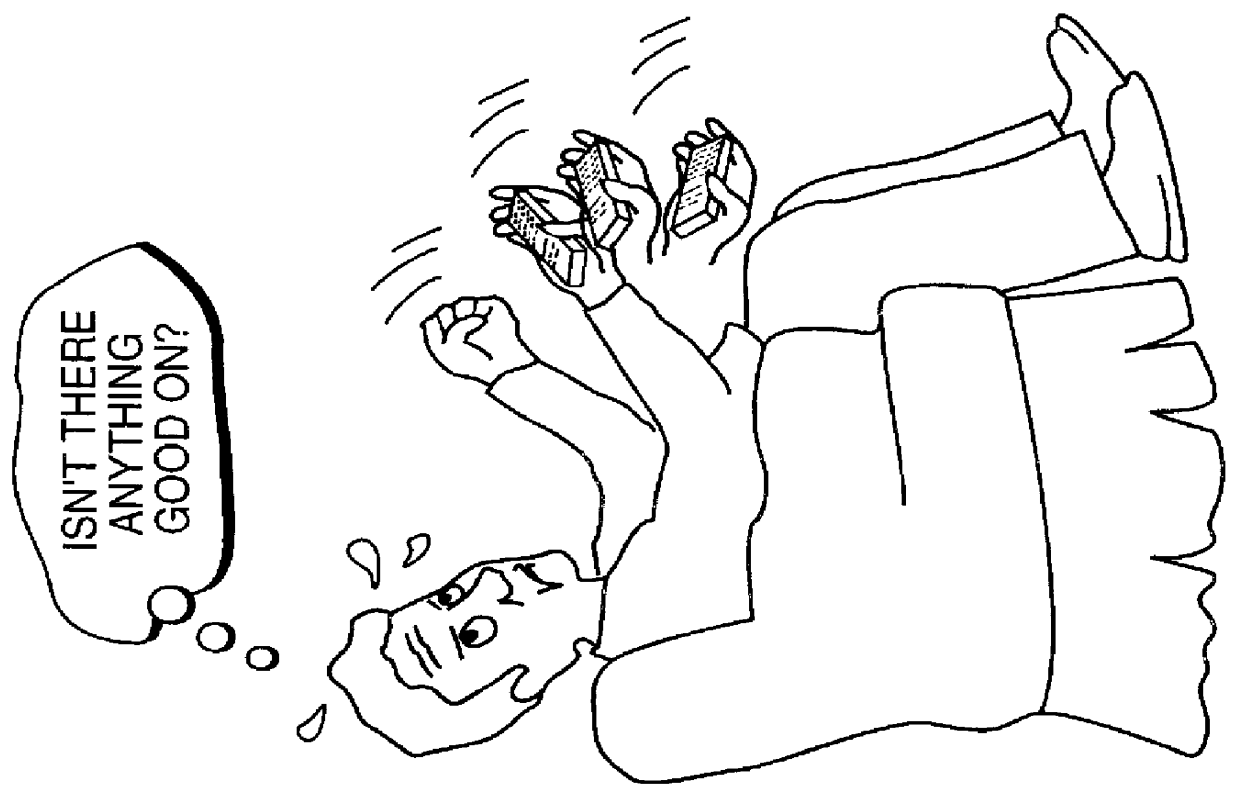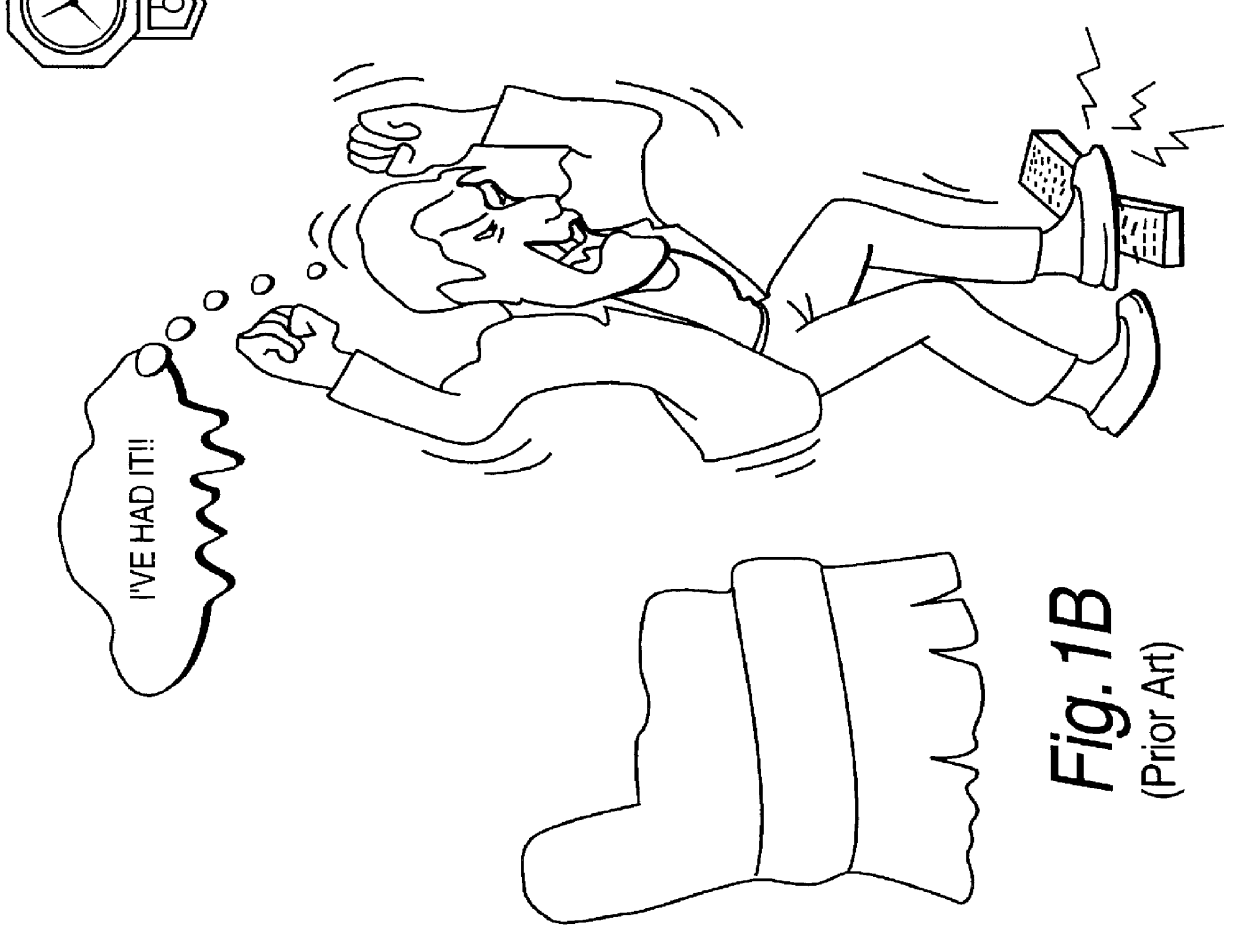This tremendous variety is good, but it also presents problems.
Sometimes, it is hard or inefficient for us to find what we want and need because there are too many things to evaluate and choose from, and they are often located in too many places.
We can waste a lot of time searching for the things we need or want at the right price, with the rights features, and at a particular time.
This happens when we don't know what to look for, how to look for it, or don't have the necessary assistance or tools to search successfully.
For example, we may not know the best way of looking for something.
Sometimes, we know what we are looking for but can't express or articulate it in ways that help us look.
And sometimes, we don't even know what we are looking for.
You may know you need something, know its missing, but never really know how to communicate to others what you are looking for.
For example, someone who speaks only English may never find resources using Japanese or Spanish.
In general, we often don't have the time or resources to look for all the things that would give us the most benefit or make us the most satisfied.
It's Hard To Find
Mass Media Things You Want Or Need
FIG. 1A shows, as one example, how frustrating it can be to find anything to watch on the hundreds of television channels that may be available.
He may be moderately interested in golf, but may not like the particular golf tournament or golf players being broadcast at 7 o'
clock on a particular channel.
A documentary on horses also seems interesting at first, but he finds it boring after watching it awhile because it doesn't give him the kind of information he is interested in.
The whole process can be frustrating and he may feel he wasted a lot of time. FIG. 1B shows the man getting so frustrated at the wasted time and energy that he thinks that maybe watching television is just not worth it.
Certain other mail, such as bills, may not be fun but are usually important.
Unfortunately, our mailboxes are typically overflowing with yet another kind of mail commonly referred to as "junk mail."
Most of this junk mail ends up unread and in the trash.
However, it can take a long time to sort through all this mail to be sure you are only throwing out only the junk mail and not the good mail you are interested in or need.
Sorting through things to identify things you might want, then selecting what you actually want, can be a frustrating and
time consuming experience.
For example, it wastes the time of the person who receives the junk mail, and it also wastes the time, money and effort of the people who spend their money to send mail to people hoping that they will buy their products.
As frustrating as finding and selecting may be to consumers, they often create even greater problems for businesses and people who want to locate or provide information, goods and services.
In the modern world, it is often difficult to find out what different people like, and to supply people with the opportunity to select the best or most satisfying choices.
Past attempts outside the computer world to match up people with information, goods and / or services have had limited success.
For example, attempts to "target"
mass mailings may increase the chance that they will go to people who are interested in them, but the entire process is still very wasteful and inefficient.
Telemarketing campaigns that use the telephone to reach potential consumers can be very expensive, very annoying to consumers who are not interested in the products being marketed, and very costly and inefficient.
However, right now it is extremely difficult to accomplish this goal, and so businesses continue to annoy consumers while
wasting their own time, money, and effort.
Because of the Vast Amount of Information Available, Even Systems that Provide a High Degree of Organization May Be Difficult to Use or Access
You can find yourself
wasting a lot of time finding things--even in places where finding things is supposed to be easy.
For example, a
library is a place where you can find all sorts of useful information but can also waste a lot of time trying to find what you are looking for.
This classification
system is useful, but it often has significant limitations.
The card catalog led to the general subject of baseball and other sports, but, looking at the catalog, he can't identify any books that seem to provide the specific information he wants to see, so he must rely on books classified as "histories of sports" or "histories of baseball."
Finding Products You Want or Need Can Be Very Difficult and
Time ConsumingThe same kind of frustrating experience can happen when you shop for a particular kind of item.
While some people enjoy shopping, and have fun seeing what is in various stores, many people dislike spending time shopping, searching for the best or most affordable item.
And sometimes even people who like to shop don't have the time to shop for a specific item.
But the man may only have a short time to look.
But even these resources may not tell him where to buy Italian silk ties that are discounted and cost $20.
These Problems Are Worse in the Digital World
Today on
the Internet and you can also find nearly anything and everything you can possibly imagine, although finding exactly what you really want may be
time consuming and frustrating.
There are an overwhelming number of choices--too many to easily relate to or understand--and many of which are terribly hard to find, even using the various
Web searching "engines."
But today, so much information on
the Internet is superficial or useless, and too many choices can be more a curse than a blessing if you don't have meaningful, easy ways to eliminate all but a relatively few choices.
And the situation will only become much worse as more Web sites appear, and as digital information is distributed in "objects" or "containers" providing enhanced security and privacy but possibly more difficult access and
identifiability.
However, unless tools are developed to solve the problem, there will be no efficient or satisfying means to sort through the potentially trillions of digital containers available on tens of millions of Web pages, to find containers satisfying a search or fulfilling an information need.
Furthermore, existing
information searching mechanisms typically provide no way to readily perform a search that matches against underlying commercial requirements of providers and users.
If you can't match against your commercial requirements, you may be forced to waste enormous amounts of time sifting through all of the available products matching Ford Bronco internal components--or you may settle for a product that is far less than the best available (
settling on the first adequate product that you review).
Computers Don't Necessarily Make It Easier to Find Things
Anyone who has ever used
the Internet or the
World Wide Web knows that networks, computers and
electronics, when used together, do not necessarily make the overall task of finding information easier.
In fact, computers can make the process seem much worse.
Most
Internet users will probably agree that trying to find things you are interested on the Internet can be a huge time drain.
And the results can be very unsatisfactory.
The rapid growth rate of information available on the Web is continually making this process of finding desired information even harder.
In most cases, you will eventually find some information of value--but even using today's advanced computer search tools and on-line directories, it can take hours or days.
This will enormously worsen the problem, as the availability of valuable information products greatly expands.
It Is Usually Hard to Find Things On the Internet
There are many reasons why it is difficult to find what you want on the Internet.
Unlike a
library, it is difficult on the Internet to efficiently browse over many items since the number of possible choices may be much larger than the number of books on a
library shelves and since electronic classification systems typically do not provide much in the way of physical cues.
Unfortunately, most digital experiences typically do not provide such cues without actually loading and viewing the work in digital form.
But in the electronic world--where your choice is not among a few stores but rather is a choice among potentially thousands or even millions of possibly useful web sites and truly vast numbers of digital containers--the lack of a consistent
system for describing commercially significant variables that in the "real" world may normally be provided by the display context and / or customized information guidance resource (catalog book, location of goods by size, etc.) seriously undermines the ability of digital information consumers to identify their most desirable choices.
In sum, the absence of the ability to efficiently filter from a dimensionally growing array of choices, can completely undermine the value of having such a great array of choices.
However, as information in digital and
electronic form becomes more and more important, the problem of relating to the vast stores of information will become a
nightmare.
If you were limited to conventional classification and matching mechanisms, you would be unable to sift through all the material to identify the commercially acceptable, i.e., an item representing the right information, at the right price, providing
license rights that match your interests.
Certainly, if each digital
package looks the same, you are at a loss in making reasonable decisions.
While information written on the "outside" of a digital
package may be useful, you simply don't have the time to read all the packages, and anyway, each packager may use different words to describe the same thing and the descriptions may be difficult to understand.
If there is no universal
system agreed upon by everyone for defining what information should be written on the outside of the
package and how it should be formatted, using such a store would be painfully difficult even if you could limit the number of choices you were evaluating.
No readily available systems developed for the digital information arena provide similarly satisfying means that describe the many commercial rules and parameters found in individual custom catalogs, merchandise displays, product specifications, and
license agreements.
Further, no readily available mechanisms allow "surfing" across vast choice opportunities where electronic matching can single out those few preferred items.
No previously readily available technology allows one to efficiently make selections based on such criteria.
In the absence of an effective classification and matching system designed to
handle such information, digital information of a particular kind might be just about anywhere in the store, and very difficult to find since the organization of the stores digital information resources have not been "dynamically" shaped to the matching interests of the potential customer.
Guides or other sources of ratings, opinions, evaluations, recommendations, and / or value may not be equally authoritative, accurate, and / or useful in differing circumstances.
It can save you a lot of time and effort.
 Login to View More
Login to View More  Login to View More
Login to View More 


